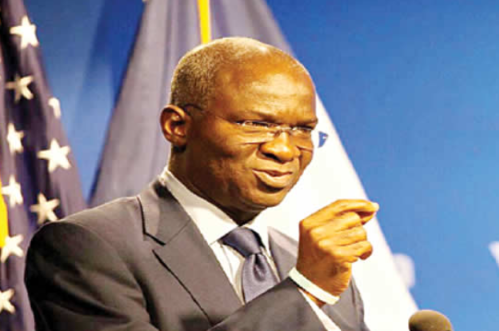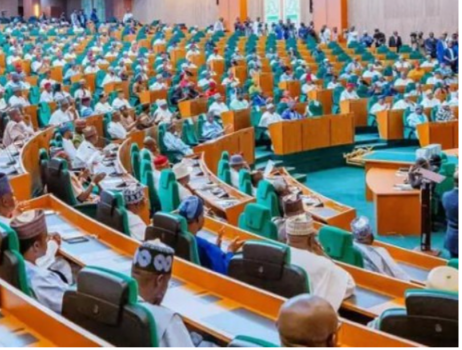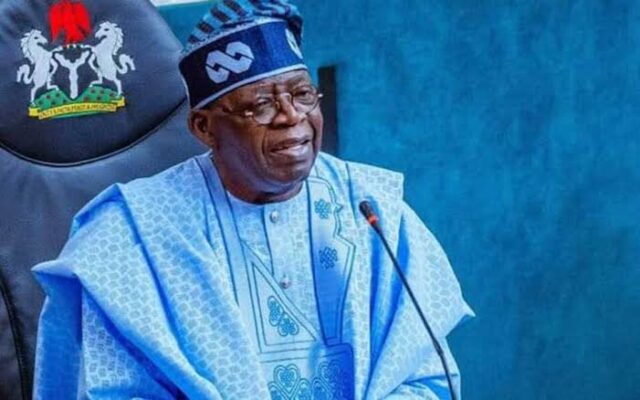President Bola Tinubu turned his vision into reality in a historic decision that revolutionizes cancer treatment in Nigeria. He inaugurated three state-of-the-art oncology centres — located in Katsina, Enugu, and Benin City — in a historic ceremony in Nigeria’s fight against cancer.
These centers are more than structures; they are hopes raised. Fitted with the most modern diagnostic and treatment equipment, such as state-of-the-art radiotherapy and chemotherapy departments, they are bringing life-saving services to areas previously neglected by development. By placing the facilities in different parts of the nation, the government made it so Nigerians no longer have any reason to go overseas for treatment.
They are learning rather than care centres. Over the course of the next three years, up to 500 clinicians will receive additional training, raising the number of experienced oncology practitioners nationwide. The centres, which will see 2,000 oncology patients and 350,000 diagnostic clients a year, set a new standard for healthcare quality and accessibility.
But the government went further. A massive subsidy program now covers up to ₦400,000 in radiotherapy costs, cushioning financial shocks and reducing delays in treatment. A Catastrophic Health Fund also extends to poor patients, and vaccination campaigns and early detection programs still prop up prevention.
This cancer treatment boom is all part of a wider vision: the industrialisation of medicine. By creating localised manufacturing of medicines and equipment, Nigeria is using the importation of medical equipment as a stepping stone to manufacturing it.
This is not only about saving lives but restoring dignity. Families can now get world-class care in their homes, and communities can trust their hospitals to make them well. In building these centres, training doctors, and easing costs, Tinubu’s administration delivered more than health care — it delivered new hope.
















